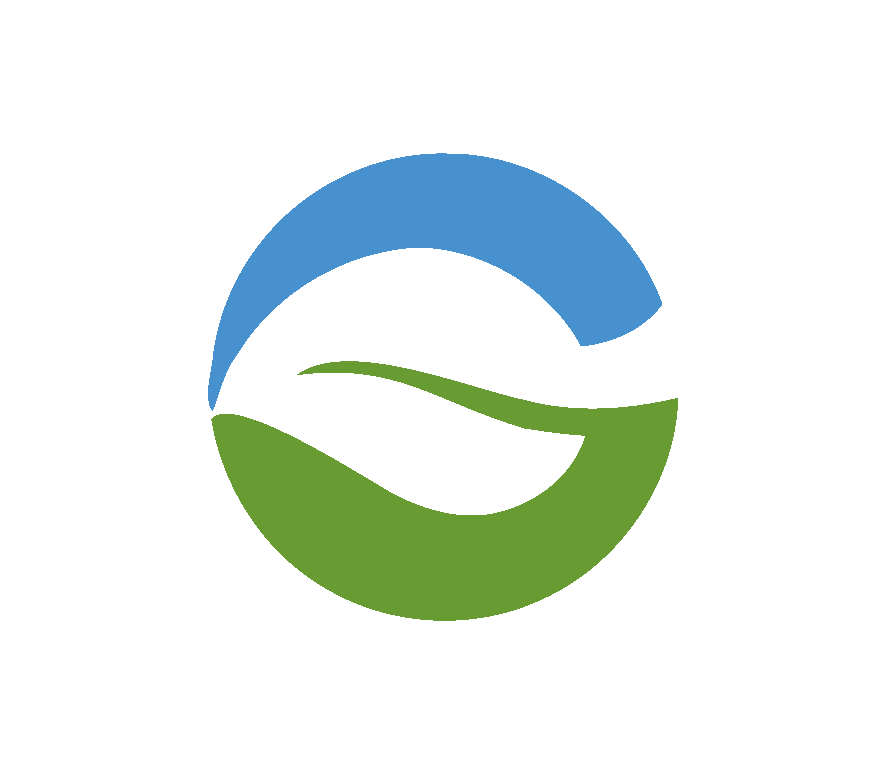Industrial Water Filtration Systems
Why Industrial Water Filtration is Crucial
Industrial applications require high-quality, purified water for processes such as manufacturing, cooling, and treatment. Contaminated water can lead to severe operational issues, including:
Equipment Damage: Scaling, corrosion, and clogging of machinery and pipes.
Product Quality Issues: Impurities can affect pharmaceuticals, food, and beverages.
Higher Operational Costs: Increased maintenance, unexpected downtime, and energy consumption.
Non-Compliance with Regulations: Non-adherence to EPA, ISO, and WHO water quality standards.
An industrial water filtration system ensures you have clean, safe, and efficient water, minimizing risks and enhancing operational efficiency.
Types of Industrial Water Filtration Systems
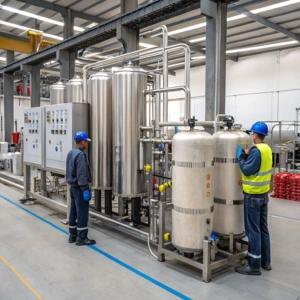
Reverse Osmosis (RO) Systems
Removes: Dissolved salts, heavy metals, chemicals, bacteria, and viruses.
Best for: High-quality water in pharmaceutical manufacturing, food processing, and power plants.
Capacity: Customizable from 1,000 LPH to 100,000+ LPH.
Applications:
- Pharmaceutical & Food Processing
- Power Plants & Boiler Feed Water
- Semiconductor Manufacturing
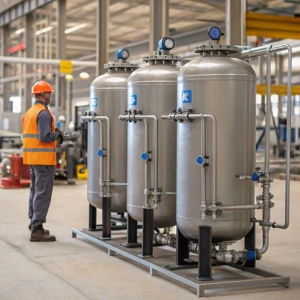
Sand & Multi-Media Filters
Removes: Suspended solids, sand, silt, rust, and larger particulate matter.
Applications: Ideal for pre-treatment before Reverse Osmosis or softening systems.
Industries: Textile, automotive, wastewater treatment.
Key Features: Automatic backwash system reduces maintenance efforts.
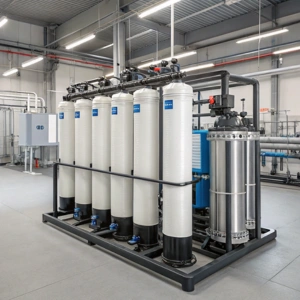
Activated Carbon Filters
Removes: Chlorine, organic compounds, bad odor, pesticides.
Best for: Beverage industries, chemical plants, hospitals.
Ideal For: Removing taste and odor from water.
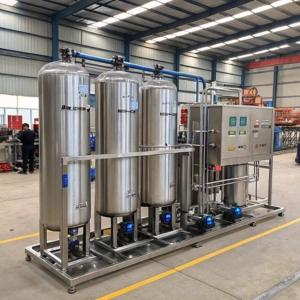
Ultrafiltration (UF) & Nanofiltration (NF) Systems
Ultrafiltration (UF): Removes bacteria, viruses, colloids (0.01–0.1 microns).
Nanofiltration (NF): Softens water while retaining essential minerals.
Industries: Dairy, biotechnology, municipal water treatment.
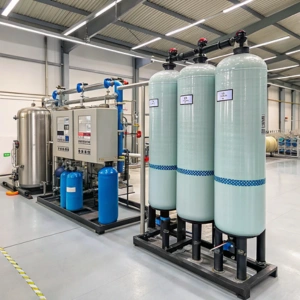
Ion Exchange & Water Softeners
Removes: Hardness (calcium, magnesium), iron.
Best for: Boilers, cooling towers, HVAC systems.
Benefits: Essential for preventing scaling and corrosion in industrial systems.
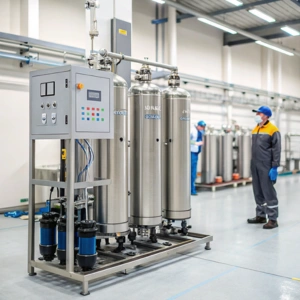
Electrodeionization (EDI) – Chemical-Free Purification
Produces ultra-pure water for industries requiring the highest purity levels.
Applications: Pharmaceuticals, microelectronics, laboratories.
Choosing the Right Industrial Filtration System
Industry-Specific Solutions
| Industry | Recommended System |
|---|---|
| Pharmaceuticals | RO + EDI + UV |
| Food & Beverage | Sand Filter → Carbon Filter → RO |
| Power Plants | Softener → RO → Demineralization |
| Textiles | Multi-Media Filter → UF |
| Wastewater Recycling | MBR + RO |
Benefits of Our Industrial Water Filtration Systems
High Efficiency: Removes up to 99.9% of contaminants.
Low Maintenance: Automated controls and easy-to-clean filters ensure longevity.
Cost-Effective: Reduces scaling, corrosion, and costly downtime.
Customizable: Scalable solutions designed for small factories or large plants.
Frequently Asked Questions
How much does an industrial RO plant cost?
₹5 lakhs to ₹50 lakhs+, depending on system capacity (LPH) and customization requirements.
Which industries benefit from ultrafiltration (UF)?
Industries where microbial purity is crucial, such as dairy, beverages, and biotechnology.
Can we recycle wastewater in industries?
Yes, our MBR + RO systems can enable zero liquid discharge (ZLD) for effective wastewater recycling.
How often should filters be replaced?
o RO Membranes: 2–5 years
o Carbon Filters: 6–12 months
o Sand Filters: Backwash weekly

